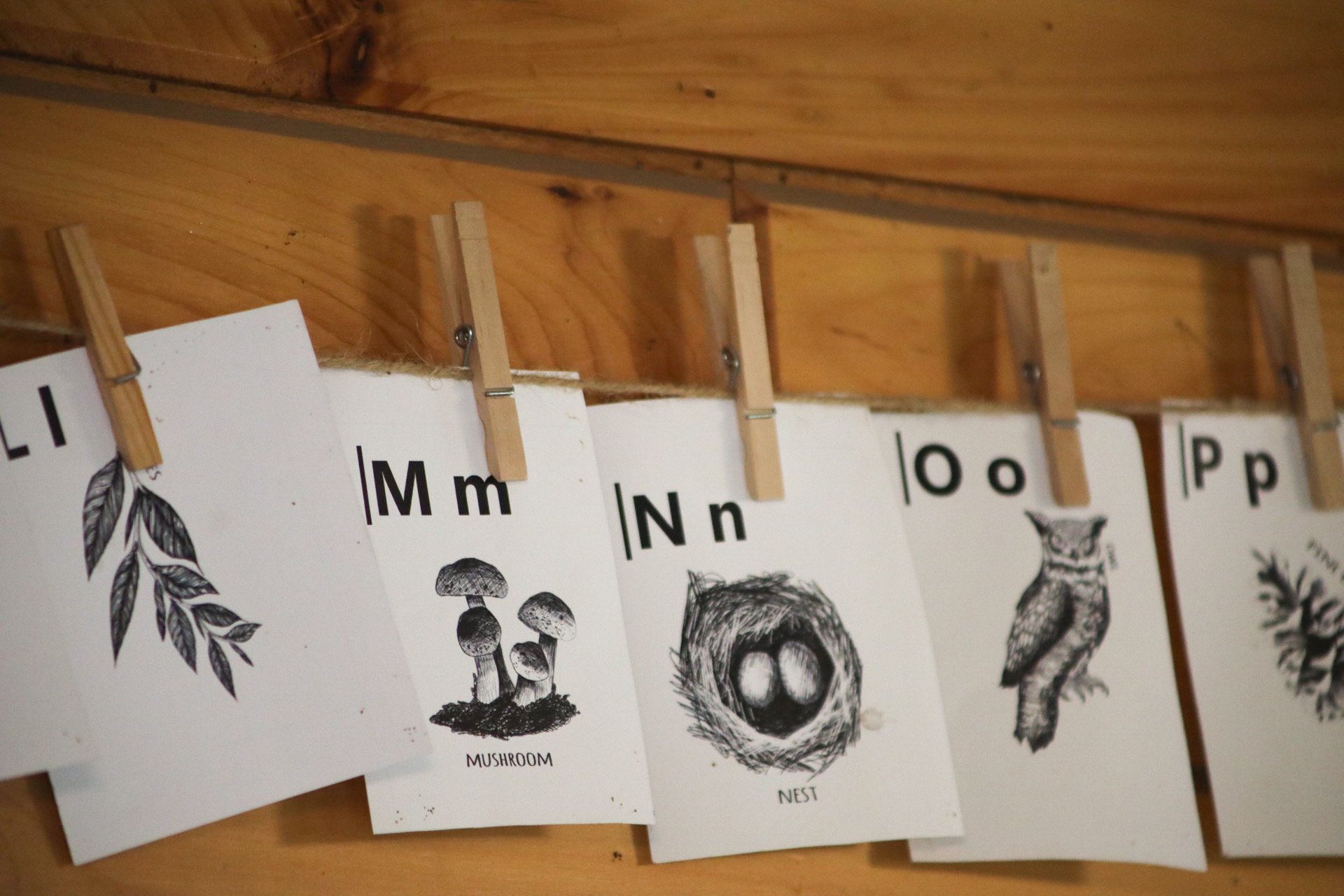Our Project-based approach Makes learning new content & skills Purposeful

Core Programming
COMMUNICATION SKILLS including, recording, discussing, inviting, presenting, analyzing, and wondering are all harnessed through project-based learning.
These are the critical skills that we find valuable in our ever-changing world. Project work is most often shared with an authentic audience that pertains to the project itself. Several times a year, our parent community is invited into the school for a student exhibition of work that we call Journey Share.
Our Journey of Discovery projects are one example of how we encourage & guide our Children to use these foundational skills. Together we apply and learn new skills to answer real world questions, challenges & or problems while following a hands-on community-based learning model - integrating student voice & choice.
It is a true collaboration between teachers & students -full of meaningful, diligent work that covers both content & skill areas.
While students steer this component of the program in terms of topics of interest & questions, the teachers design an appropriately scaffolded project for each small group of learners.
project-Based learning
Mixed age learning
We believe that a mixed-age classroom fosters cooperation, reduced competition & most importantly compassion.
We believe learning from people of all ages is enriching & edifying. Thus, we provide time and space for children to learn from each other and the many experts in our community.
At Woodland we believe children are capable of making sound decisions.
This is exemplified by our children year after year. Given the choice, children will often make sound decisions about themselves & others. Learning within a mixed group creates space for them to explore this autonomy, build trust in themselves & their learning community.
We believe children have great ideas.
Engaging children as they offer their own ideas & show their own interest within their community— kindles the spark that will encourage them to be lifelong learners.
Choice Time
Choice Time is devoted to self-exploration by the children. Intentional project goals are set based on personal interest. Supporting student choice & decision while using the four pillars of choice is integral to our teaching philosophy.
Students choose to work on a passion, goal, curiosity, or try something new. The range of activities is broad giving each child the opportunity to hone in on topics that peak their interest.
Teachers provide guidance & resources for activity & project planning. Children can explore, practice, create, build, master, play, or contemplate inside or outside, with peers or alone.
We believe that fostering curiosity leads to more excited learners. With endless choices both inside & out. Woodland provides many spaces including a library, wide-range of materials for building & creating, props for pretend play, musical instruments, math resources, science experiments, games & puzzles.
Outside offers the farm at their finger tips, fields, the brook, or woods trail classroom. Choice Time experiences for Woodland students are also common, both on and off-campus.
Offerings over the years have included drawing lessons, robotics, weaving, foreign languages (French, Spanish and German), pottery lessons, survival skills, poetry workshop & more. Choice Time has been included in the program because Woodland respects students' abilities to decide how to spend their time.
Compassionate Communication (CC), also known as Non-Violent Communication (NVC), is a way of interacting with others using honest self-expression and empathy. Sometimes described as "the language of the heart," it strengthens our ability to respond compassionately to others and ourselves.
NVC guides us to reframe how we express ourselves, how we hear others, and how to resolve conflicts by focusing our consciousness on what we are observing, feeling, needing, and requesting. Effective communication is a key component to success at Woodland because of the democratic nature and consensus-based decision making elements the school practices.
Compassionate communication
Each day students and teachers meet in small, multi-age groups where teachers are able to address both the group’s needs as well as differentiating for the needs of individuals. We are committed to aligning instruction with the science of reading and use a structured literacy approach to teach reading. Writing instruction at Woodland is also evidence based. Teachers facilitate experiences that are multi-sensory, and connect instruction with the joy of reading and writing - using themes, meaningful project work, read alouds, and a rich, knowledge building curriculum.
In addition to this scheduled workshop time, students work on many aspects of reading and writing to grow into fluent readers and writers through the Journey of Discovery (our project based time of day), and offerings or self directed activities during Choice Time.
Math workshop time is an opportunity for students to work on, stretch, and expand their skill base in mathematics with the guidance of a teacher and in collaboration with peers. The opportunity to follow a progression and regular practice of mathematics, supports students becoming increasingly self directed and confident - and gives them the necessary tools to carry out the intricate projects they so often envision during Choice Time and The Journey of Discovery. The math curriculum at Woodland is rigorous, engaging, problem based, and grounded in best practices for effective mathematics education.




